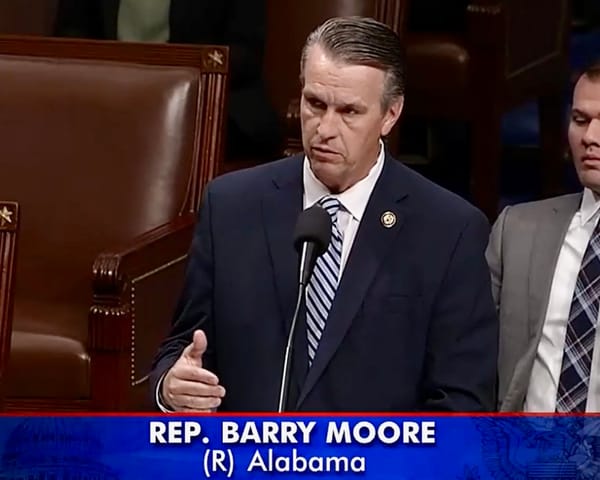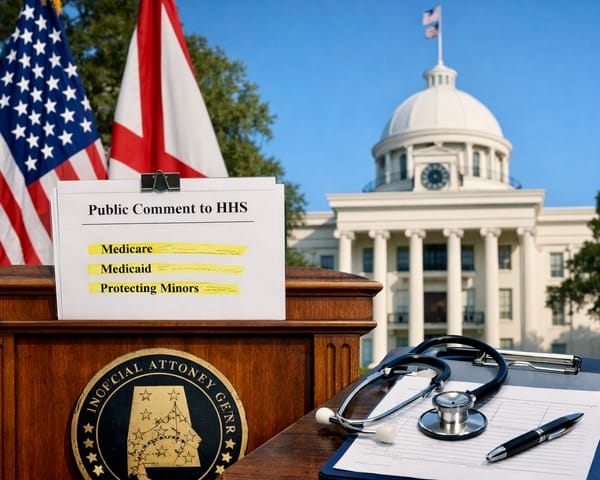Trump Administration Unseals FBI Files on Martin Luther King Jr.
200k pages released despite family’s objections

The Trump administration has unveiled nearly 200,000 pages of FBI records detailing its surveillance of Martin Luther King Jr. The files were previously sealed under a court order since 1977, when the Bureau first transferred them to the National Archives.
King’s family—his surviving children Martin III and Bernice—received advance notice of the action, and reviewed the materials prior to today's release. In a strongly worded statement, they urged caution: “These files must be viewed within their full historical context,” they wrote. They also appealed for empathy, restraint and respect for the “continuing grief” their family endures.
They also highlighted the lasting pain: Bernice was only five and Martin III ten when King was killed in Memphis on April 4, 1968. Their grief, they say, remains “intensely personal” more than 57 years later.
Born in Atlanta, King’s public emergence began with pivotal work in Alabama. In 1955, as a young Atlanta preacher, he led the Montgomery Bus Boycott, launching him into national prominence. That effort sparked the broader Civil Rights Movement, eventually leading to the founding of the Southern Christian Leadership Conference (SCLC) in 1957—an organization headquartered in Atlanta but driven by its early victories in Alabama, including the historic Selma to Montgomery marches of 1965.
The FBI’s COINTELPRO campaign, headed by Director J. Edgar Hoover, surveilled and attempted to sabotage King and his close allies in Alabama. Wiretaps, informants, and hotel bugs were used to gather personal and political information. In 1976, Congress later called it “one of the most abusive of all FBI programs.”
The SCLC, which King led until his assassination in 1968, also opposed the records’ release. They argue that the FBI’s surveillance went far beyond legal boundaries, targeting activists in Alabama and elsewhere to discredit their work. King’s children reinforced this, saying Hoover’s Cointelpro campaign “was not only to monitor, but to discredit, dismantle and destroy Dr. King’s reputation and the broader American Civil Rights Movement.”
President Trump had promised—while campaigning—to release all files related to the assassinations of JFK, RFK, and MLK. He formalized that pledge via Executive Order 14176 on January 23, 2025. JFK records were unsealed in March, RFK in April, and MLK’s files have now followed months ahead of their planned 2027 release.
Director of National Intelligence Tulsi Gabbard later confirmed the move, noting it was meant to “enhance transparency.”
Scholars and historians are already delving into the documents, searching for fresh insight into King’s life, work, and final days. Whether the documents unveil new truths about his campaigns in Alabama—or shed further light on the 1968 assassination—remains to be seen.
Martin III and Bernice say they see value in transparency but insist: “We object to any attacks on our father’s legacy or attempts to weaponize it to spread falsehoods.”
As the FBI’s deep surveillance of King comes into full view, the memories of his early triumphs and tragedies in Alabama—Montgomery, Selma, Birmingham—stand as powerful reminders of a man who changed a nation. His family’s plea remains clear: treat this record with the care and respect it, and Alabama’s place in history, deserve.




